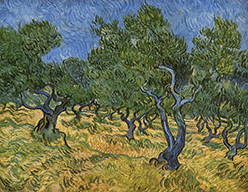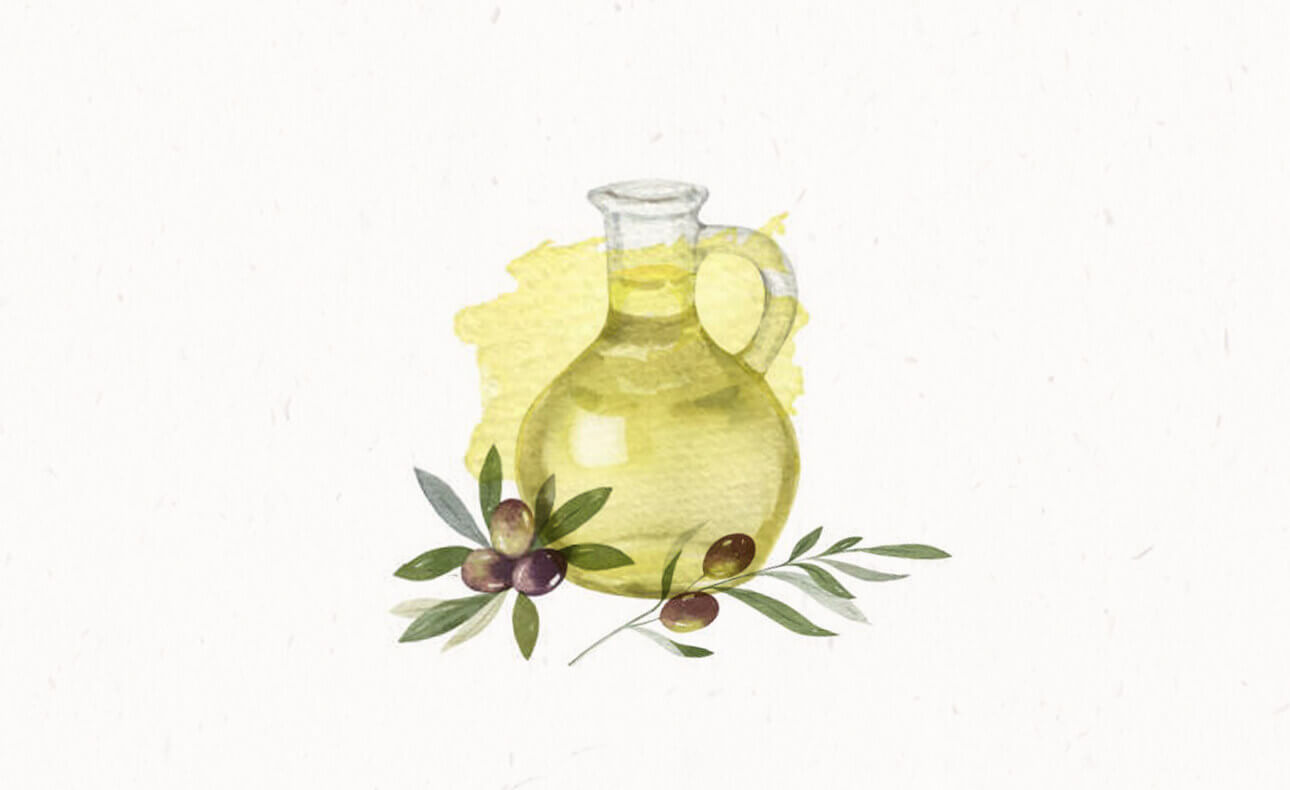




Right olive oil
- Home
- Articles
- Health






What is the right olive oil for every type of cooking?
Which oil is right for you? This largely depends on the type of cooking you do. The oil smoke point, which is where the oil begins to burn and smoke, is one of the most important things to consider.
If you heat the oil beyond its smoke point, it not only damages the taste, but many of its nutrients are lost and the oil releases harmful chemicals called free radicals.
Replacing bad fatty acids (saturated and trans) with healthier ones (monounsaturated and polyunsaturated) is good for your heart. One way you can do this is by choosing healthier oils for cooking and preparing food. In Greece, olive oil is the first choice in cooking, but it is not the only nutritious and healthy oil. There are other types of oil that can enhance the taste of food. But which oil is considered ideal depending on the way of cooking?
The classic choice, olive oil
Olive oil is abundant in Greece and we are very lucky to live in this country. Research has shown that olive oil reduces the chances of heart attack, stroke and cancer. It is also one of the healthiest oils used when cooking.
Experts in the field of nutrition and cooking agree that one of the most versatile and healthy oils for cooking but also raw is olive oil, since it is extremely virgin. Extra virgin olive oil contains a large amount of monounsaturated fatty acids and some polyunsaturated fatty acids. Many studies have linked it to better heart health. Olive oil has a relatively lower smoke point compared to other oils, so it is better for cooking at low and medium temperatures.
Clearly, nothing is more pleasant to the taste, richer in aroma and more beneficial to our health than extra virgin olive oil and nothing can replace the taste it gives to the dishes of Mediterranean cuisine that uses it. Naturally prefer the extra virgin olive oils, which are first presses, cold pressed and which can give you an excellent base for many foods.
But apart from olive oil, what is there?
Sesame oil
An oil close enough to olive oil in both caloric value and fat. Helps reduce blood pressure, good heart function and promotes the regulation of liver enzymes. Helps the body reduce blood cholesterol levels, while acting as an antioxidant. Fights free radicals and shields against atherosclerosis and many other degenerative diseases. This oil is often used for its strong flavor. It contains both monounsaturated and polyunsaturated fatty acids, although it is not particularly high in other nutrients. Use it in frying! Can be used for high temperature recipes. It does not smoke easily and is ideal for sauces where we look for a neutral oily base (eg in mayonnaise).
Peanut oil
Peanut oil is light in color with a nutty aroma and strong flavor. It can spoil quickly so store it in a cool, dry place and use it within a few months. In case you did not know, peanut oil has been linked to better heart health. It has one of the highest levels of monounsaturated fats among cooking oils. At the same time, it is recommended for high temperature cooking and its taste allows you to use it in frying like sesame oil! It is also delicious and ideal for Asian cuisine.
Avocado oil
Avocado oil is a great choice. It is raw, like extra virgin olive oil, but it has a higher smoke point and can be used for baking at a higher temperature. It is also great for frying. It does not have much flavor, which makes it a good choice for cooking. It can also be used in salads and soups. Avocado oil contains both monounsaturated and polyunsaturated fatty acids and vitamin E which help lower cholesterol and blood pressure levels. The disadvantage: it tends to be more expensive.
Coconut oil
Coconut oil, in addition to a wonderful smell, is rich in healthy fats. But depending on who you ask, coconut oil should either be avoided or used sparingly. The main point of conflict is the high content of saturated fats. Unlike other vegetable oils, coconut oil is mainly a saturated fat. This does not mean that coconut oil should be displaced from the cupboard. Saturated fats can be a safer choice when cooked at very high temperatures






